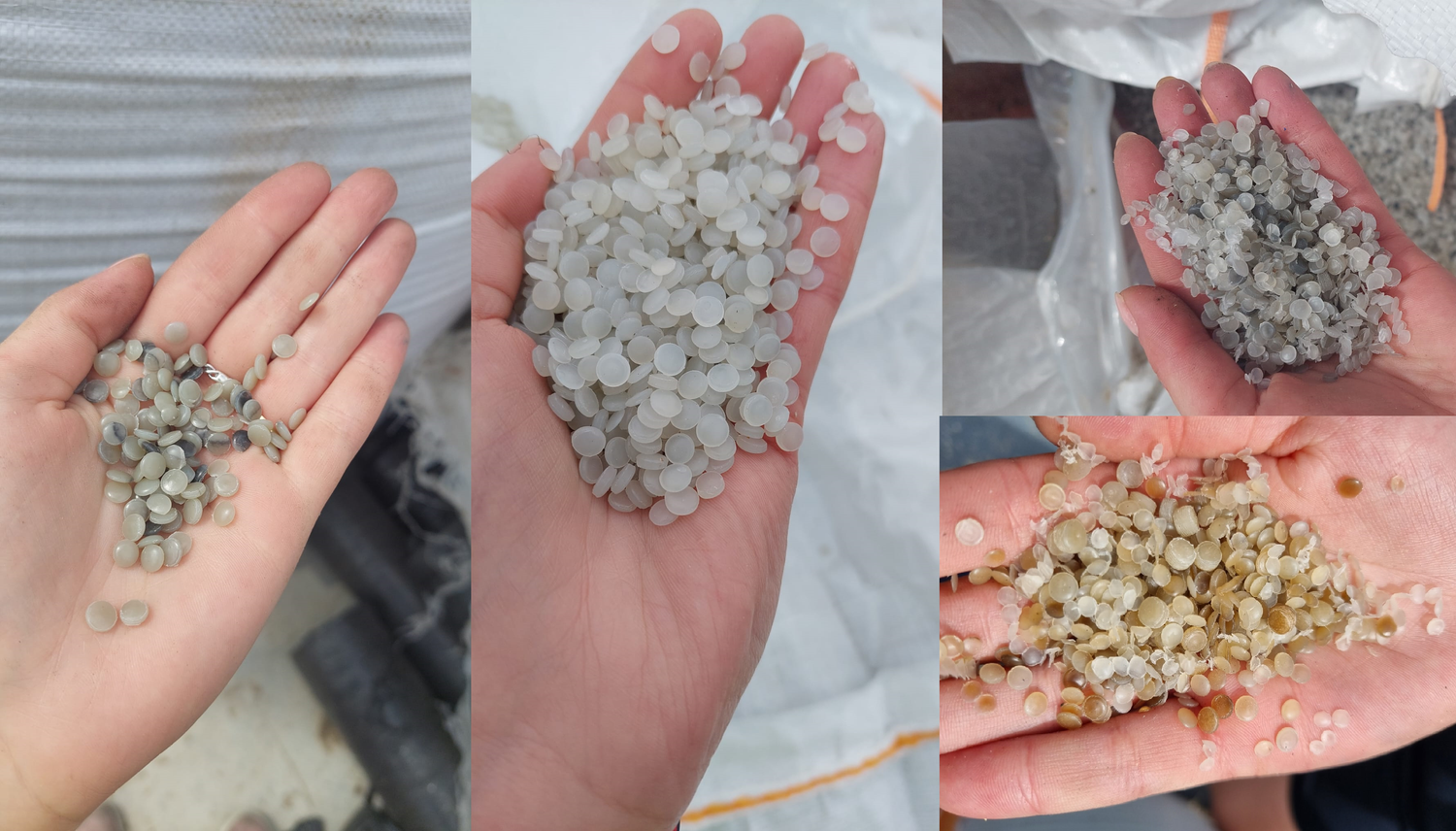Research

Plastic waste is a major environmental challenge of the 21st century, posing serious threats to ecosystems, wildlife, and human health. Despite increasing awareness and efforts to reduce, reuse, and recycle plastic products, the global plastic production and consumption continue to grow, resulting in millions of tonnes of plastic waste generated annually. The current plastic recycling system is inefficient, costly, and often ineffective, as only a small fraction of plastic waste is actually recycled into new products.
Moreover, the existing plastic recycling technologies and methods are often incompatible with the diverse types of plastics and their additives, leading to low-quality recycled products that have limited applications and value. Therefore, there is an urgent need for a more sustainable and circular plastics system that can close the loop between production, consumption, and disposal of plastic materials.
The aim of this research project is to investigate the potential of novel plastic recycling technologies and methods that can enhance the quality, efficiency, and profitability of plastic recycling. The project also explores the role of interdisciplinary and collaborative research in addressing the complex and multifaceted issue of plastic waste. By conducting a systematic review of the literature, a survey of the stakeholders, and a case study of a plastic recycling facility, this project contributes to the UKRI’s Smart Sustainable Plastic Packaging challenge1 and provides valuable insights and recommendations for improving the plastic recycling sector and the circular plastics.

To produce high-quality and versatile packaging materials from recycled plastic waste is one of the key challenges in plastic recycling. Addressing this challenge requires research and collaboration with academics from different disciplines and institutions, who can provide expertise, resources, and innovation in various aspects of plastic recycling. For instance, researchers from chemistry and engineering can develop novel plastic recycling technologies and methods that can enhance the quality, efficiency, and profitability of plastic recycling.
Researchers from environmental science and policy can analyze the environmental impacts and benefits of different plastic recycling options and provide recommendations for improving the regulatory framework and incentives for plastic recycling. Researchers from social science and business can investigate the consumer behavior and preferences regarding recycled plastic packaging and identify the best strategies to increase the market demand and value of recycled plastic products. By collaborating with academics, the plastic recycling sector can benefit from the latest scientific knowledge and evidence-based solutions to make packaging materials from recycled plastic that are sustainable, circular, and competitive. This approach can help to achieve the UKRI’s Smart Sustainable Plastic Packaging challenge1, which aims to create a more sustainable and circular plastics system that can close the loop between production, consumption, and disposal of plastic materials.
